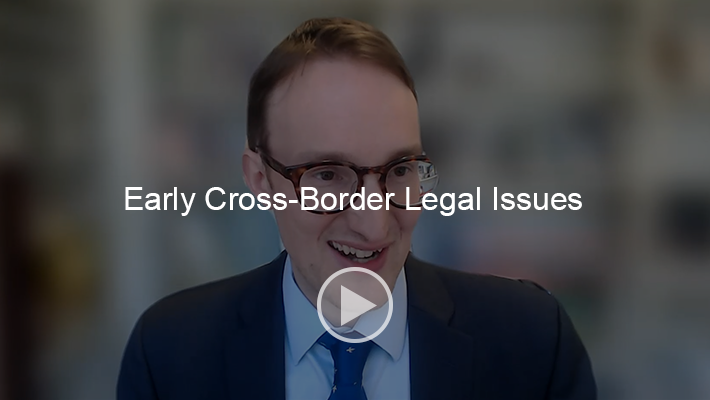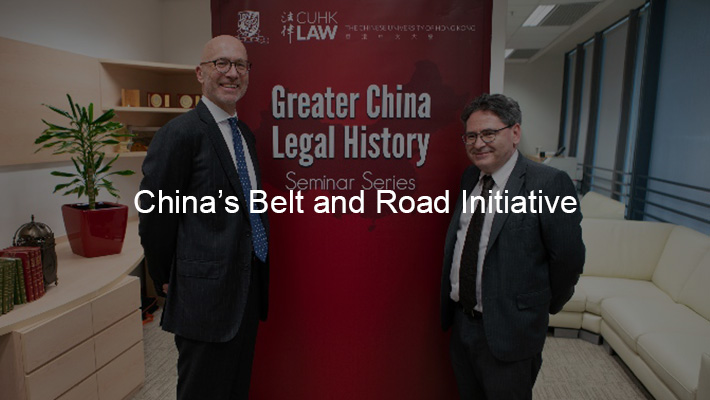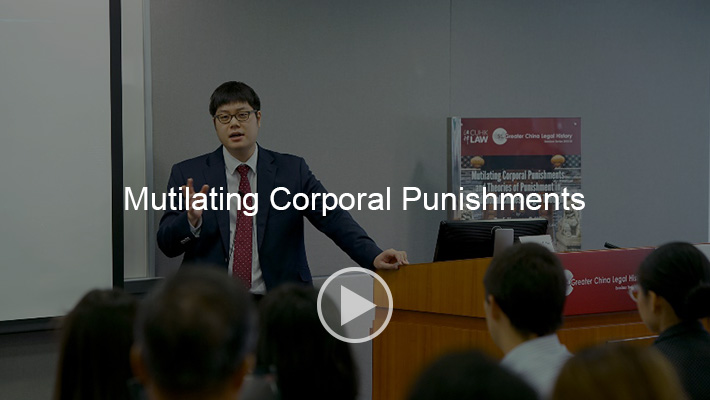
This seminar explores the historical use of the trust in Singapore from the early colonial days to modern times as a means of wealth transfer. There are three major uses of the trust as a means of wealth transfer in Singapore’s history. First, the trust was used by rich Chinese families for succession purposes which included the promotion of ancestor worship and burial grounds. However, the custom of perpetual ancestor worship ultimately proved to be incompatible with the English law against perpetuities. This irreconcilability, coupled with the fact that the practice of ancestor worship is becoming less common, has meant that such trusts are virtually unheard of these days. Second, the trust was used by wealthy Arab merchants who controlled much of the business and land holdings in Singapore to further succession planning and religious purposes. The popularity of the use of the trust by these Arab traders may be due to the fact that the trust was not an alien concept to them because Muslim law utilizes the concept of the waqf, which is similar to the trust. However, Islamic concepts inherent in the waqf proved to be too discordant with English trust law doctrines for the sustained use of the trust in this context. This incompatibility together with concerns of proper governance of the waqf led to statutory reforms. Finally, the modern contemporary use of the trust coincided with the arrival of what I term as a form of global trust to Singapore. Rooted in doctrinal developments in English law, inspired by developments in offshore financial centers, and created by ingenious draftpersons, the quintessential global trust is a form of a highly discretionary trust. This final wave reflects the emergence of Singapore as a major wealth management center in Asia. Ultimately, this case study on the historical and contemporary use of the trust in Singapore demonstrates the flexibility of the trust concept in facilitating wealth transfer through the ages.









































